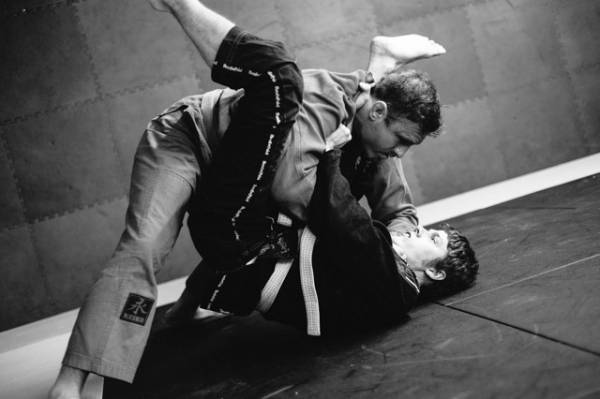The role of game teams is important for a number of reasons. Our sports teams provide support, real-time research, and helpful information on ethical behavior. And in particular, our interactions with people in our community also contribute significantly to our actual learning.
For the whole time I have been teaching jiu jitsu, from the very beginning, the most exciting experiences to date, my teachers and friends who teach me have helped me to achieve more in harmony with them than I can on my own. Nowadays, I find myself dealing with professionals who don’t know much about what my teachers always do to me: using my knowledge to set them up for success. For example, suppose we drilled a small section three times during a class session. In the beginning, if my partner does not know more than I do, I would be able to put myself in a position where they can do what we have already done in class.
Sometimes an athlete sees the spot and immediately seizes it, sometimes I just ask, “What are you seeing here?” they cheat, and sometimes there is a need for a clear comment like, “Here you can use the methods we used earlier today,” following the words at each step. So, depending on the needs of the athlete, I am able to provide support to help him do more than he could have done without the help.
In the case of learning, the role I play in this field is known as “knowledgeable” or “other skilled,” and the mental and physical environment in which the athlete and I interact is called the “zone of proximal development.” In his second book, 1978 Mind in Society: The Development of Advanced Psychological Techniques, psychologist Lev Vygotsky defines the ZPD (as a type of study subject) “the distance between the developmental level which is determined by solving problems on their own and the level of development that can be achieved as determined by problem solving under the guidance of the authorities, or in collaboration with relevant peers.”
So “then what” here? This may seem like what most of us already do as coaches and teachers, right? We support our athletes and students together, helping them to do more, with our help, than they could ever do.
Well, how many of you have ever had a running game go like this: “All right, Runner X. I’ll get you through this process. Let’s start with you putting your left foot in your partner’s hip. No, your left foot. Your left foot. Your left foot. No, your left foot. No, your left foot. All right, relax. “I’ll take your left foot and put it where it belongs.
Sometimes, I hate to admit it, I shake my head after a encounter like that, and wonder what’s wrong with an athlete. Well, the answer is: no. Wrong is what I ask of the athletes. It seems that Brazilian jiu jitsu is very important, both mentally, emotionally, physically, and mentally, especially for beginners, and if an athlete can’t do what I’m asking for, I have to ask for something – I have to be right with them.

Understanding the learning process in this way helps me as a teacher in a number of ways. First of all, it helps me to be more patient than I could be, because I understand how it works. I know that the runner does not run in a hurry and does not not allowed. Second, it provides me with practical suggestions on how to adjust my expectations and requests for the athlete to achieve the best results. I can also install ZPD to make sure the runner is in it. And finally, it reminds me of how natural learning works; if we want to make sure we help our athletes do more than they believe they can, we must trust them first and show that confidence in every action we take.
How can you make the ZPD concept work for you, whether you are a teacher or an athlete? Post what you saw in the comments.
Figure 1 courtesy of Shutterstock.
BJJ pphoto provided by David Brown Photography.